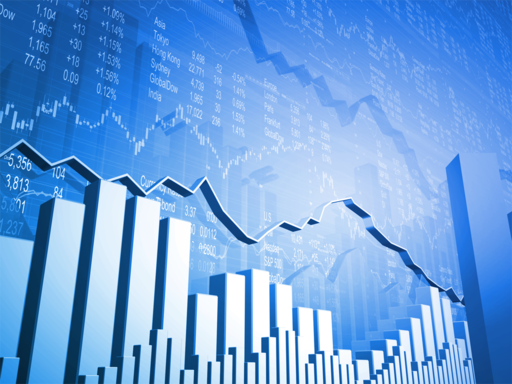With the machinations of the stock market difficult for most people to grasp, many aspiring investors are turning to forex as a way to make their money work for them. While this market is easier to understand, there are still a number of things to keep in mind when starting out on this platform for the first time … here’s what to know about forex trading if you are new to this medium of exchange…
What is forex trading anyway?
Forex refers to the global marketplace where traders exchange foreign currencies. Taking money from people looking to do business globally, this system is vital to the health of the global economy. With the equivalent of roughly $5 trillion USD changing hands each and every day on forex markets, it dwarfs even the stock market in the value of trades made on a daily basis. With trading desks being situated in global financial capitals across the world, one can make moves 24 hours per day if they choose, making forex trading an excellent option for motivated folks looking to make money anywhere, anytime.
Ensure your broker is properly licensed
Before you dive in blindly, bear in mind that where a lot of money change hands, unsavoury characters with criminal tendencies are not far behind. As such, it is vital that you make sure that your Australian forex broker is properly licensed by the Australian Securities and Investment Commission (ASIC).
This regulatory body acts as the police for the industry, doling out penalties for improper actions, and in severe cases of wrongdoing, they revoke the licenses of brokers that have engaged in fraudulent and/or misleading practices.
While bad experiences can occur with licensed brokers, you are far more likely to encounter serious problems with wildcat operators, so play it safe when getting started with forex by sticking to ASIC approved brokers.
The types of markets in which you can trade
There are three different types of markets in which a forex trader can engage: the spot, forwards and futures markets. The spot market is the currency exchange system that you are likely most familiar with, as two parties exchange currencies at a mutually agreed upon buy/sell rate in the present moment. The forwards and futures market deal in contracts rather than actual currency (at least at the time of the transaction), as they aim to mitigate the risk of fluctuating currency rates.
The different spreads between various brokers
While the spread between major world currencies like the Australian and US dollars is usually tight doesn’t change much from broker to broker, other currencies like the Nicaraguan Cordoba may have spreads that differ greatly from one broker to the next. The wider the spread between the buy and sell rate, the harder it will be for you to make a profit trading on forex, so be sure to compare forex brokers so you can get the best deal possible.
